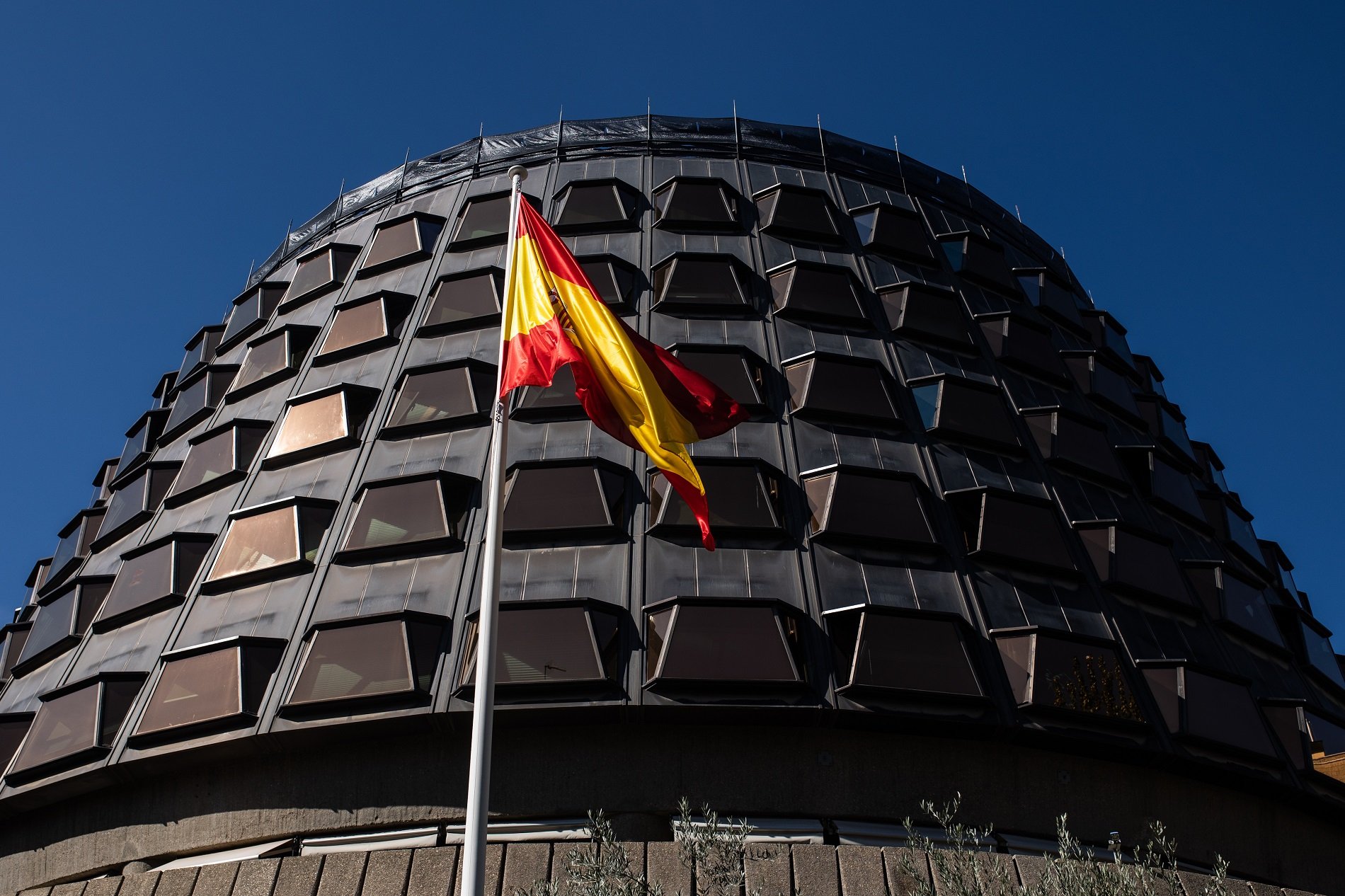A judicial gesture favouring the People's Party (PP), although for the moment without any verbal pronouncement to support it. The Spanish Constitutional Court has this Monday decided to admit the appeal by the opposition PP which is aimed at stopping the government's planned reform of the judiciary. However, the court has not yet decided whether to accept the interim measures demanded by the conservative PP. That is to say, for the moment it has not stopped the parliamentary processing of the reform of judicial power, which, if passed, will enable the renewal of the very judges on this court who are deciding the question. In any case, as an intense constitutional power struggle continues to play out in the Spanish capital, the court of guarantees has rejected the appeals calling for the recusal of two of the judges making the decision - the president of the Constitutional Court, Pedro González-Trevijano, and another conservative judge Antonio Narváez - in both cases, because their appointments to the court have long since expired.
Both decisions were taken by six votes in favour - all of the conservative judges - and five against, the five progressive judges. That is to say, both Trevijano and Narváez voted against their own recusals. The order of the day chosen by the judges was as follows: first, to decide whether or not the PP appeal would be accepted for consideration; then, to debate on the admission of appeals from the governing parties, the PSOE and Unidas Podemos, who had asked to appear in the case and sought to remove from the debate the two judges whose mandate had expired; and, finally, to decide whether the interim measures requested by the PP would be accepted. This last point has not yet been voted on.
A debate with the judges split
The eleven Constitutional Court judges began their meeting at 10am. On the table were several issues to be resolved: two appeals from the PSOE, in which it presented arguments and asked to appear in the process; and two more from its governing partner, Unidas Podemos, one asking the court to raise the issue of the recusal of the two judges to European justice, and another asserting the PP was required to exhaust all parliamentary avenues before resorting to Spanish justice. In addition, this morning the Socialist MP Felipe Sicilia presented another appeal, added further documentation to the large amount of information that the magistrates will have to analyze.
The PSOE stated in its appeal that, in the event that the Constitutional Court ruled in favour of the PP, the court would be infringing the parliamentary functions of Spanish MPs and senators, since the judicial reform is still part way through its parliamentary process. That is, it has already been passed in Congress, and it still has to go through the Senate, so it has not yet become law. According to the Socialists, no irreversible damage has yet been done. One more reason to argue that the Constitutional Court cannot stop the parliamentary procedure until it has finished.
As well, this Monday morning Unidas Podemos presented a submission asserting that "there is a profound lack of impartiality" because Trevijano and Narváez have a direct interest in stopping this reform by the Spanish government which the PP has tried to prevent. This fact, according to the alternative left party, collides with the Charter of Fundamental Rights of the European Union, since article 47 includes the right to an impartial judge, which in this case would not be complied with: the law change that has already been approved by Congress and which still has to go through the Senate "directly affects the judges who, in the event that the appeal is not accepted, will see a law promulgated under which, definitively, they will be removed from their functions, although it is long after their mandates have expired."

